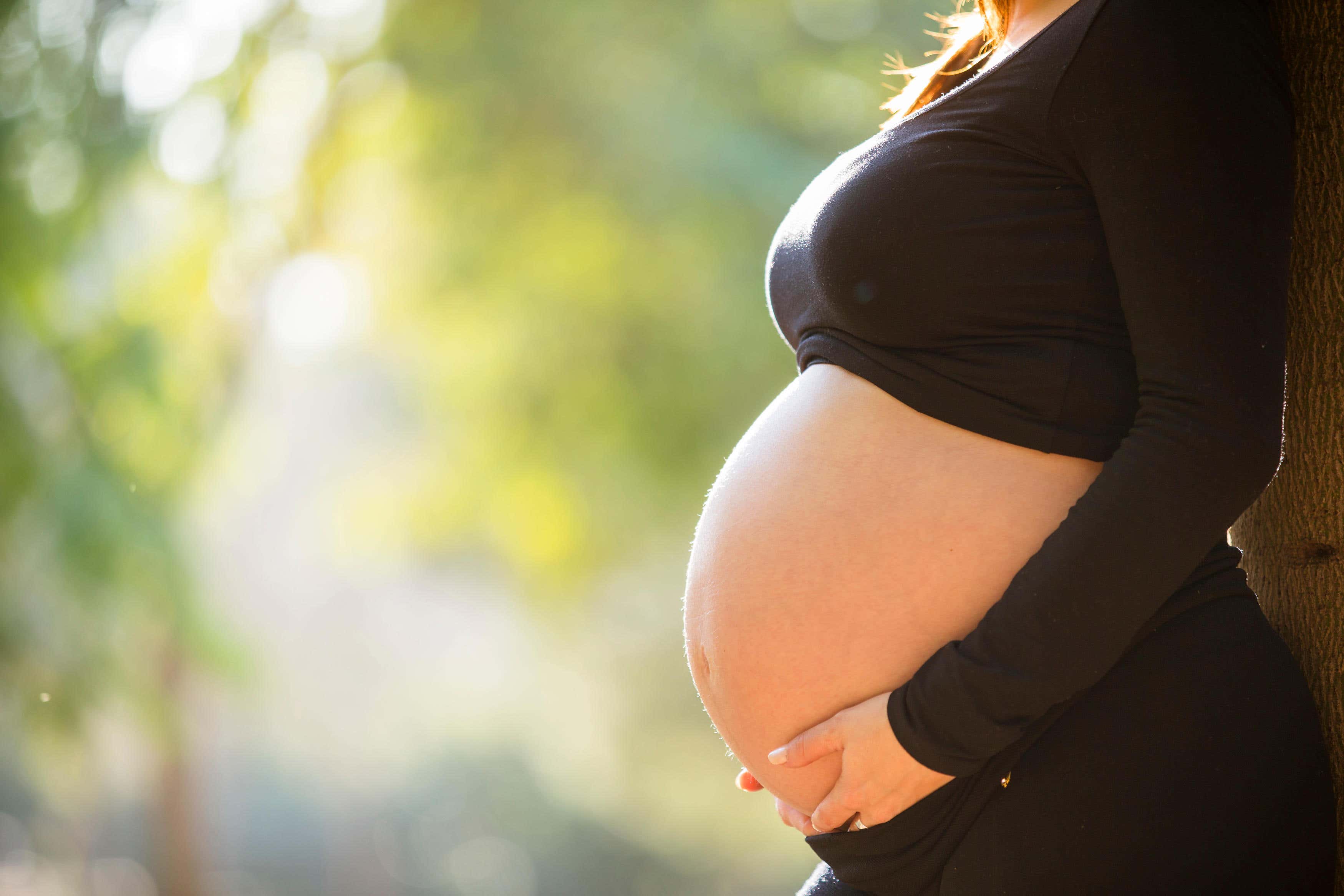Test for pre-eclampsia recommended in pregnancy – but what is it?
Healthcare Improvement Scotland has said the test should be carried out between weeks 20 to 36 of pregnancy.

Your support helps us to tell the story
From reproductive rights to climate change to Big Tech, The Independent is on the ground when the story is developing. Whether it's investigating the financials of Elon Musk's pro-Trump PAC or producing our latest documentary, 'The A Word', which shines a light on the American women fighting for reproductive rights, we know how important it is to parse out the facts from the messaging.
At such a critical moment in US history, we need reporters on the ground. Your donation allows us to keep sending journalists to speak to both sides of the story.
The Independent is trusted by Americans across the entire political spectrum. And unlike many other quality news outlets, we choose not to lock Americans out of our reporting and analysis with paywalls. We believe quality journalism should be available to everyone, paid for by those who can afford it.
Your support makes all the difference.A test which can detect a potentially life-threatening condition in pregnancy has been recommended for use in Scotland.
Healthcare Improvement Scotland has recommended the test, which can identify preterm pre-eclampsia between weeks 20 to 36 of pregnancy. The test measures levels of placental growth factor (PlGF) in the blood.
Public health minister Maree Todd said: “The Scottish Government warmly welcomes the publication of the report and recommendations from the Scottish Health Technologies Group.
“NHS boards in Scotland can already choose to offer the placental growth factor testing, and these recommendations further highlight the potential benefits for pregnant women and their families.
“We expect all NHS boards in Scotland to take note of the recommendations and work to ensure that all pregnant women who need the placental growth factor testing are able to access it as part of their routine maternity care.”
Marcus Green, chief executive of Action on Pre-eclampsia, said: “We welcome this advice in Scotland, which broadly mirrors the Nice (National Institute for Health and Care Excellence) guideline in England and Wales.
“This is the latest step in a long journey for this lifesaving, time-saving and cost-saving test, and we now need to see a very clear path to funding and implementation.”
What is pre-eclampsia?
Pre-eclampsia is a potentially serious complication which is thought to be linked to the placenta, affecting around 6% of pregnancies.
What are the symptoms?
The two earliest signs of pre-eclampsia are high blood pressure and protein in your urine. The NHS says these should be picked up during antenatal appointments.
Further symptoms could include: swelling of feet, ankles, face and hands, headaches, vision issues and pain below the ribs.
Who is at risk?
Pre-eclampsia normally occurs around the second half of the pregnancy, or just after the baby is delivered.
According to the NHS, it’s a relatively rare condition that affects up to 6% of pregnancies, with severe cases occurring in 1-2%.
Chances of developing pre-eclampsia are heightened if you already suffer from things like diabetes, high blood pressure, kidney disease or lupus. Chances are also increased if you’re expecting multiple babies and certain groups, such as those with African, Caribbean and Asian family backgrounds, or those from deprived areas, are at higher risk from preterm pre-eclampsia.
How is it treated?
If you’re at risk of developing pre-eclampsia, the NHS says you might be advised to take low-dose aspirin every day from your 12th week until the baby is born.
The exact cause of pre-eclampsia is unknown and the only way to cure it is to give birth. Most women with pre-eclampsia will deliver healthy babies and fully recover, however, there is a risk of eclampsia, a serious condition that can be life-threatening to the mother and baby, but this is rare.